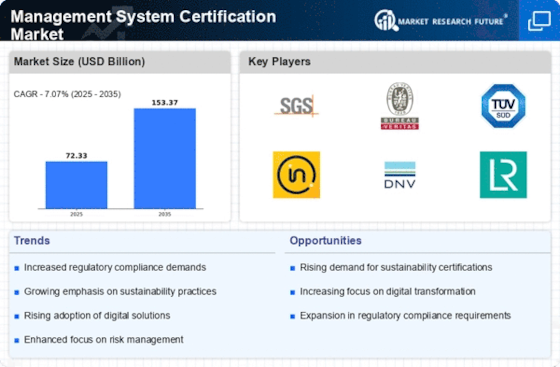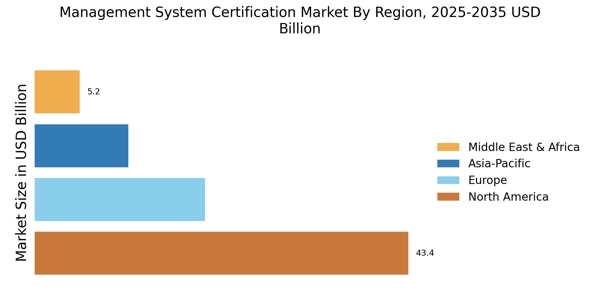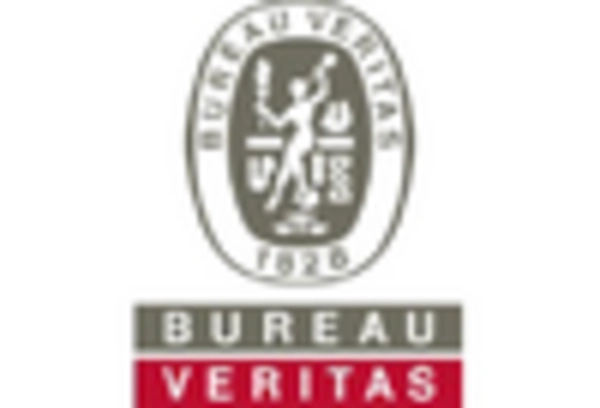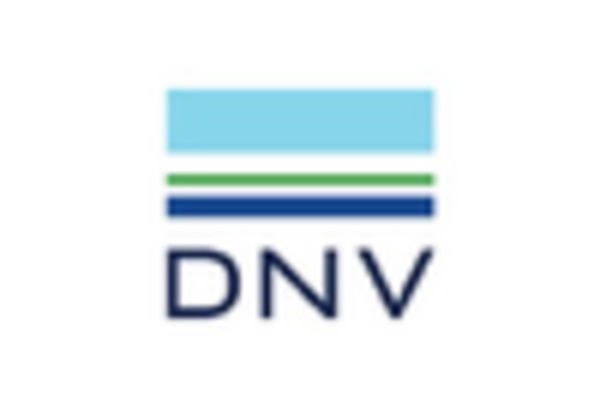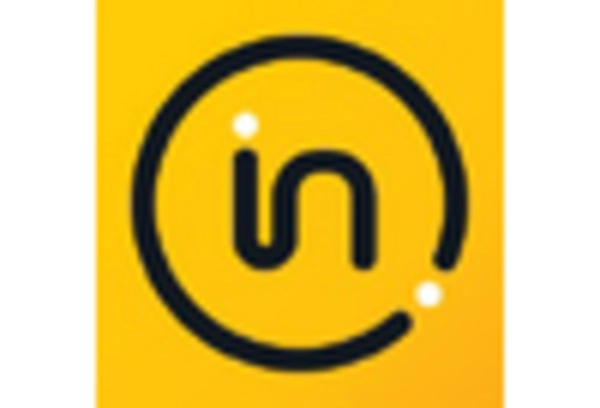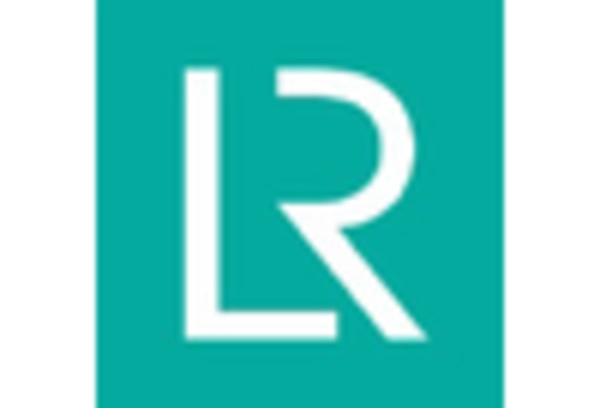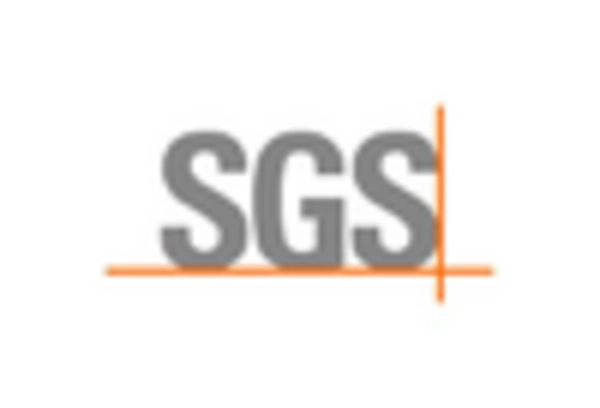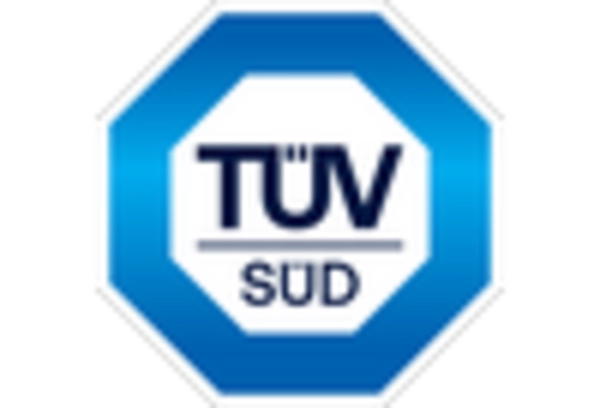Regulatory Compliance Pressure
The Management System Certification Market is experiencing heightened pressure from regulatory bodies, compelling organizations to adhere to stringent compliance standards. This trend is particularly evident in sectors such as manufacturing and healthcare, where non-compliance can lead to severe penalties. As regulations evolve, companies are increasingly seeking certifications to demonstrate their commitment to quality and safety. The demand for certifications like ISO 9001 and ISO 14001 is on the rise, as organizations aim to mitigate risks associated with non-compliance. In 2025, it is estimated that the market for management system certifications will reach a valuation of approximately USD 15 billion, reflecting the critical role of regulatory compliance in driving certification adoption.
Consumer Demand for Transparency
In the Management System Certification Market, there is a growing consumer demand for transparency and accountability from organizations. Customers are increasingly inclined to choose products and services from companies that can demonstrate adherence to recognized management standards. This trend is particularly pronounced in industries such as food and beverage, where consumers are concerned about safety and quality. Certifications serve as a reliable indicator of an organization's commitment to maintaining high standards. As a result, businesses are investing in management system certifications to enhance their brand reputation and build consumer trust. The market is projected to grow as more companies recognize the importance of transparency in their operations.
Global Supply Chain Management Needs
The Management System Certification Market is significantly influenced by the evolving needs of global supply chain management. As businesses expand their operations internationally, the complexity of supply chains increases, necessitating robust management systems to ensure quality and efficiency. Certifications such as ISO 22000 for food safety and ISO 45001 for occupational health and safety are becoming essential for organizations aiming to enhance their supply chain resilience. The emphasis on certified suppliers is likely to grow, as companies seek to mitigate risks associated with supply chain disruptions. This trend is expected to drive the demand for management system certifications, contributing to market growth.
Focus on Continuous Improvement Practices
In the Management System Certification Market, there is a pronounced focus on continuous improvement practices among organizations. Companies are increasingly adopting management system certifications as a framework for fostering a culture of ongoing enhancement and operational excellence. This approach not only aids in identifying inefficiencies but also promotes innovation and adaptability in a rapidly changing business environment. Organizations that embrace continuous improvement are better positioned to respond to market demands and customer expectations. As a result, the market for management system certifications is likely to see sustained growth, as more companies recognize the value of integrating these practices into their strategic objectives.
Integration of Technology in Certification Processes
The Management System Certification Market is witnessing a transformative shift due to the integration of technology in certification processes. Digital tools and platforms are streamlining the certification journey, making it more efficient and accessible. Organizations are leveraging software solutions for documentation, audits, and compliance tracking, which enhances the overall effectiveness of management systems. This technological advancement not only reduces the time and cost associated with obtaining certifications but also improves accuracy and reliability. As businesses increasingly adopt these technologies, the demand for management system certifications is expected to rise, with the market projected to expand significantly in the coming years.


